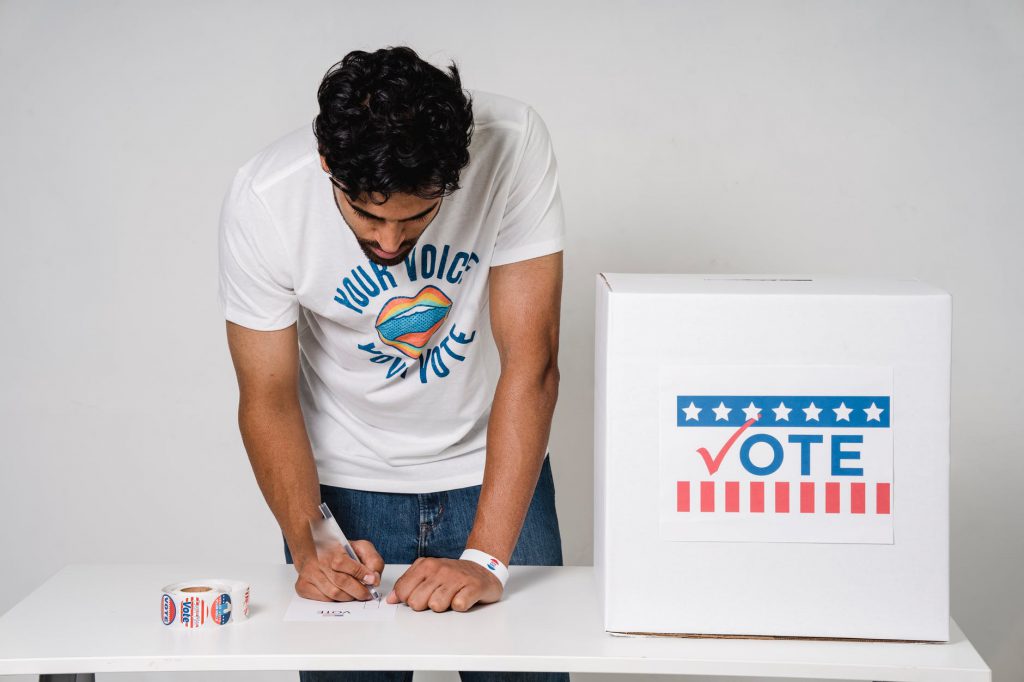Dr. Barreto testified to finding clear evidence in his research on a unique national dataset to offer a comprehensive portrait of who does and does not have access to a valid piece of voter identification and submitted a written report entitled, “Protecting an Equal Right to Vote: Assessing the Negative Consequences of Voter ID Laws and the Positive Consequences of Language Access Provisions.”
Highlights from the testimony include:
- Voter ID laws present a greater barrier to voting for minorities than for Whites, and that these disparities are national in scope. White respondents were statistically more likely to possess a valid form of ID than other racial groups in a model only accounting for race across every dataset included in the analysis.
- These racial/ethnic disparities persist after controlling for a host of relevant covariates, including socioeconomic status. This suggests there is indeed a lasting “race effect” net of socioeconomic status.
- This analysis joins this research to demonstrate that racial disparities in access to identification appropriate for voting persist even after accounting for important covariates like education and income, underscoring the privileges accrued to Whites through a history of institutional racial exclusion.
- According to data from the 2015 Census ACS there are 10,288,344 U.S. citizen adults eligible to vote who do not speak English well with the largest population being U.S. citizen adult Latinos, of which the ACS counted 5,445,949 who do not speak English well. Research in political science has documented with clear evidence that access to Spanish, Asian, and Native/Indigenous language voting materials increases voter participation rates among impacted minority groups.










